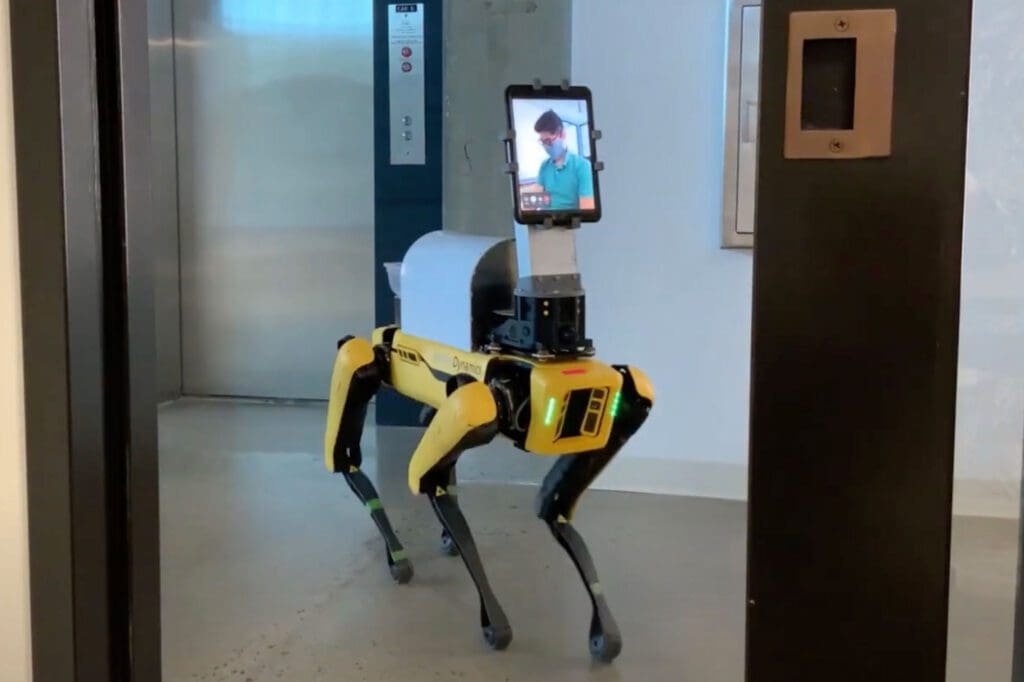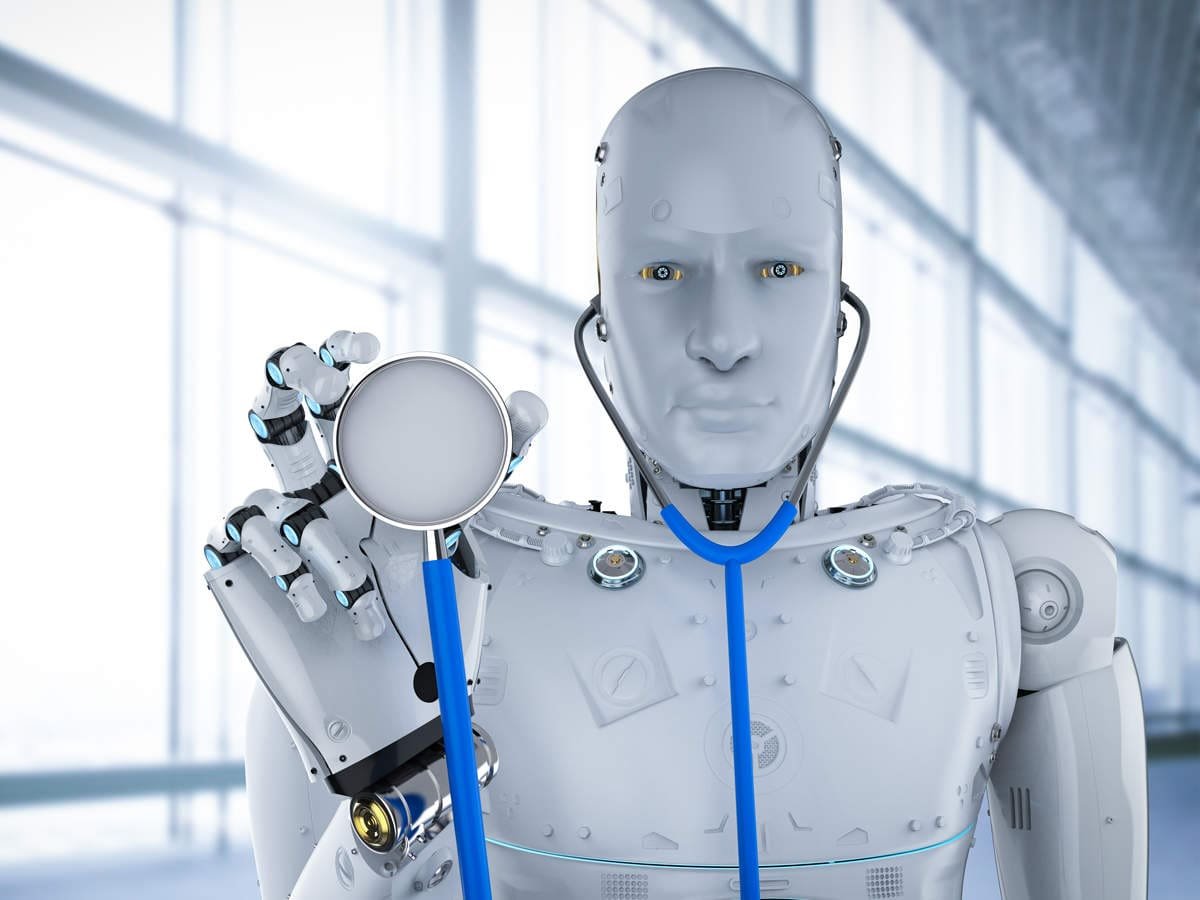Future of Health: Robotics in Healthcare
Robots are taking the place of some doctors because of the Covid-19 disease. Researchers of Boston Dynamics, a company that manufactures robots that move, designed the Remote Presence Virtual + Independent Telemedicine Assistant (RPVITA) robot to assist doctors diagnose medical issues and offer guidance during times of emergency. The device is designed to replicate the presence at bedside of a doctor, however it also functions as virtual doctors. MIT Professor Giovanni Traverso developed the robot that can evaluate symptoms without having to contact. The RP-VITA is currently programmed to carry out routine tasks as well as triage patients in hospitals.
The idea of having an omniscient doctor working in a robot may seem like a little far-fetched, it’s not too far off. The most advanced robotics system can diagnose patients in just minutes. Additionally, it has sensors that detect humidity and temperature. When a diagnosis is established, the robot will prescribe medication and treat the patient. The system was designed to be user-friendly permitting the doctor and patient to have more interaction with each other.
The robots will have to programed by human beings so that they will be able to comprehend the subtleties of human health as well as their symptoms. The AI inside these machines will also be able to be able to predict how health is likely to change in the near future and even prescribe medicines. The AI that is in these devices will perform accurate calculations and suggest the hospitalization of patients suffering from serious illnesses. Access to the AI will enable the robot to detect patients without needing to go to an institution.

Robot Technology Advancement
The technology is getting more advanced and more capable each day. The technology is beating doctors when it comes to blood tests and outperforming doctors in any other field. In addition to doctors, the robots can interpret mammograms and slides more accurately than doctors. Robots are able to detect Alzheimer’s disease through eye patterns. This happens many years before patients are aware of they have it. Robots’ potential to take over human doctors is huge, and a lot of nations are examining the possibility of using these technologies.
While some doctors are doubtful about the use of AI in the field of healthcare according to a PWC report, 50% of doctors and 55% of the public are willing to use AI and robotics as part of their healthcare. The reason why AI and robotics are set to transform healthcare, it is clear that robots with human like characteristics could be able to replace doctors in the near future. There are many tasks that can be completed by artificial intelligence that would be impossible for humans to accomplish. For instance, chatbots can determine the condition of a patient making use of data from a large database.
Accuracy and Interaction of Robots
While robots may be more efficient as human surgeons are, the accuracy isn’t the same. Although technology could lower the risk of infections however, it’s not as effective in identifying the root of the problem. Because of this, they will not be able to handle problems with mental health. Medical treatment is experiencing major changes. The potential for surgical procedures that are invasive is not as great. But, robotic technology will not change the procedure of patients visiting the doctor.
Another significant advancement with robotics involves the advancement of nanorobots. The computers which measure five feet high can be manipulated through a patient’s body. The doctor can adjust the haptic device in order to see a clearer view on their bodies. While the technology could be some time away, it’s already an important advancement in medical science. Its arrival will transform the way we interact with patients and the public as well as doctors.
In a study that was just published, Boston Dynamics researchers programmed the robot in the form of a dog to visit the home of a patient and communicate with them via the use of a video link. The study included 51 patients, all of whom had a background in medical technology. They discovered that 89 percent of participants were pleased with the robot’s capabilities and were confident with the technology. Also, 90 percent of patients said the robot was useful and they would recommend it repeatedly.
The results of the research indicate that patients would be more than happy to allow robotic surgeons to perform certain procedures. A robotic device is able to detect ailments by monitoring the vital signs and can even treat cancer patients. Its capability to perform specific operations is a major improvement in the medical field. Robots can also carry out small procedures, like eliminating gallstones, while they can also be programmed to perform more complicated procedures. Robots are also able to recognize and diagnose diseases.
Robot Doctors will ‘Absolutely’ Replace Surgeons Video
Conclusion
How do you feel about AI and Robot doctors? Do you feel it is beneficial to healthcare and will improve the patient experience or do you think it is dangerous. At Taqtik Health we use Dialogflow Artificial Intelligence (AI) on the front end of our website to assist with patient navigation, searching procedures and pricing and more. Over time we will add more layers of complexity with FAQ’s. Years ago we would spend hours on the phone assisting patients with questions, but now we see that healthcare consumers are quite happy and very capable of doing their own research. Once patients, know what options are available they can request a quote, written second opinion, visual teleconsultation and more. This frees up our patient navigators to spend more time with obtaining medical records, preparing quotes, arranging appointments and more. Try out our AI – Doctor and let us know if you have any comments below?

